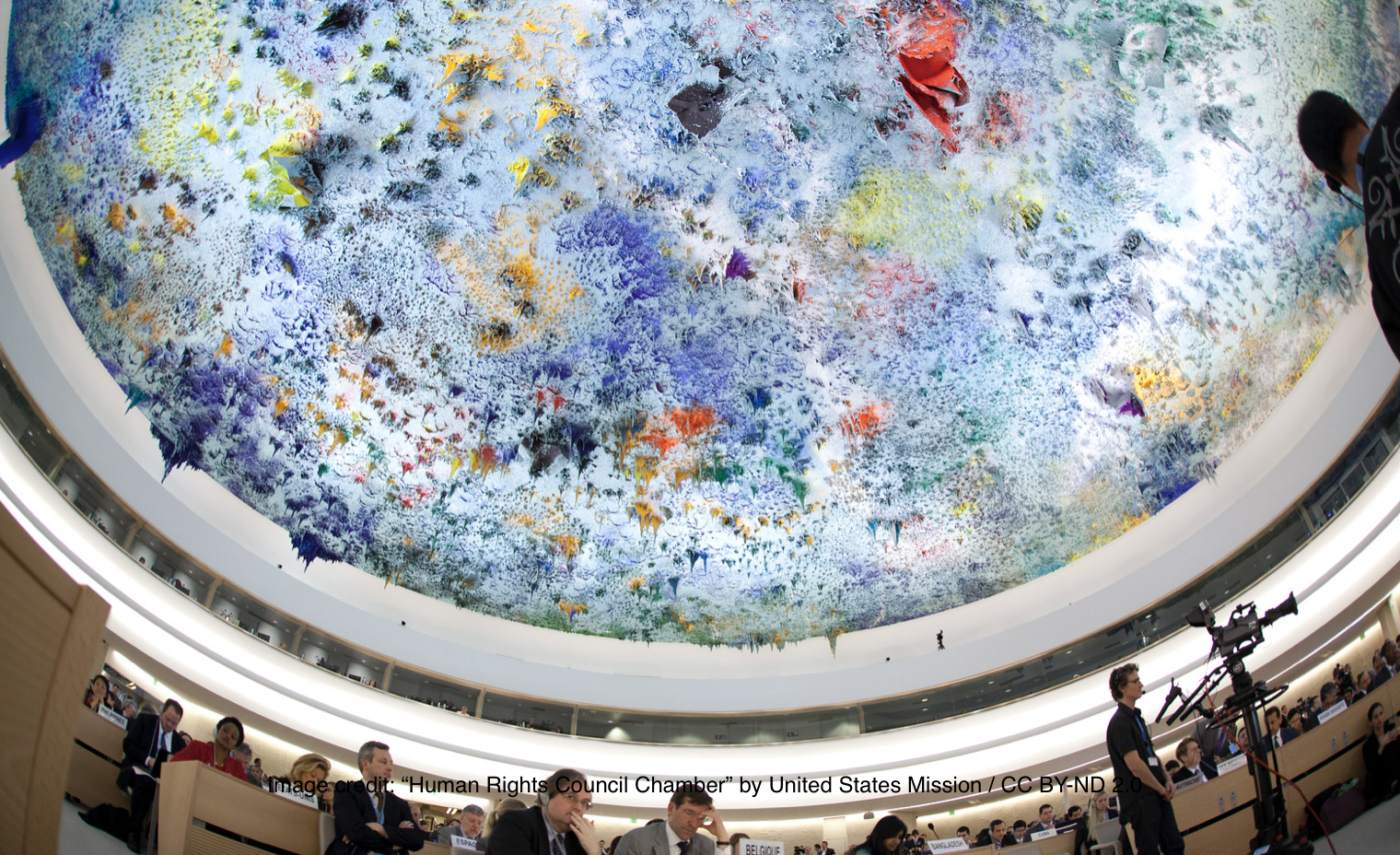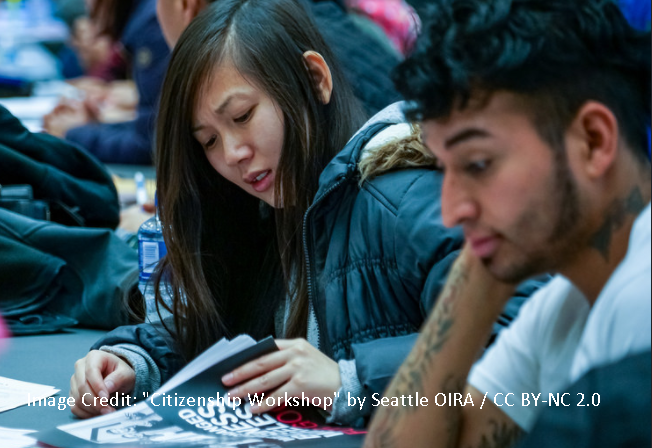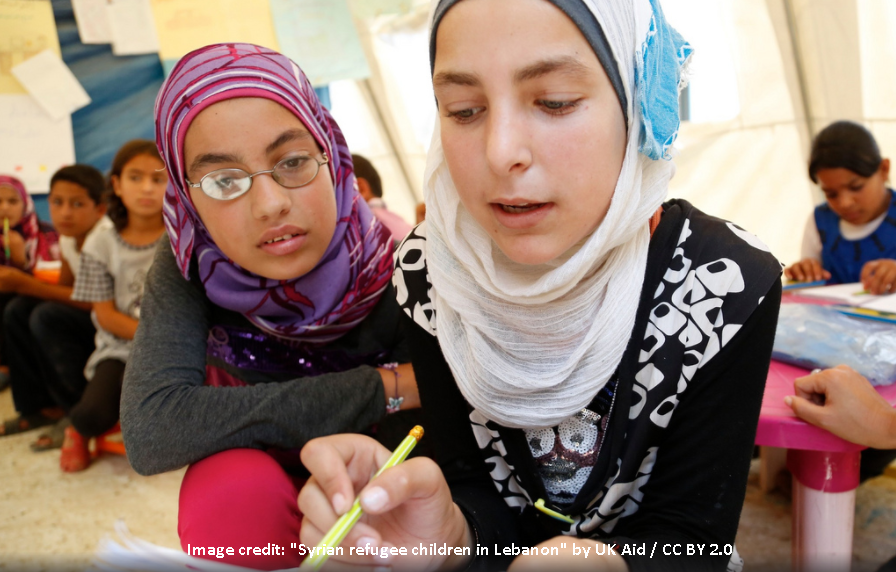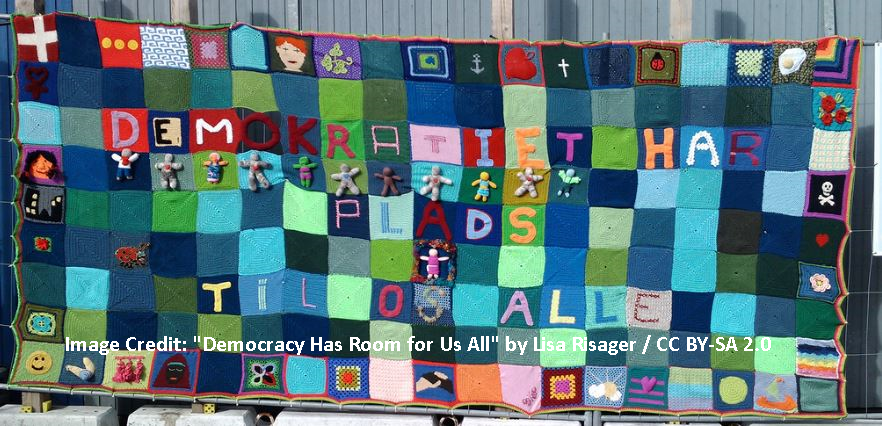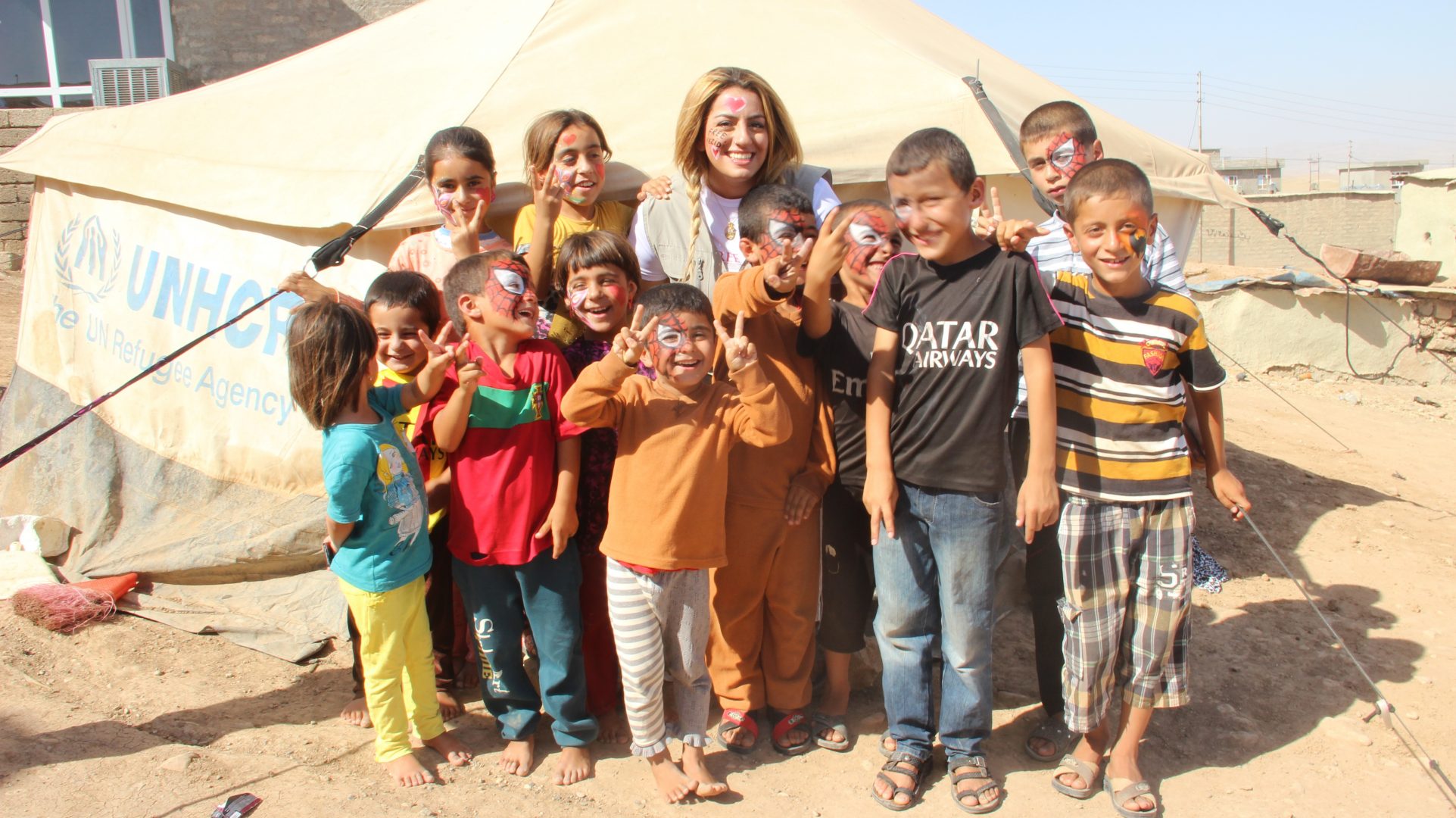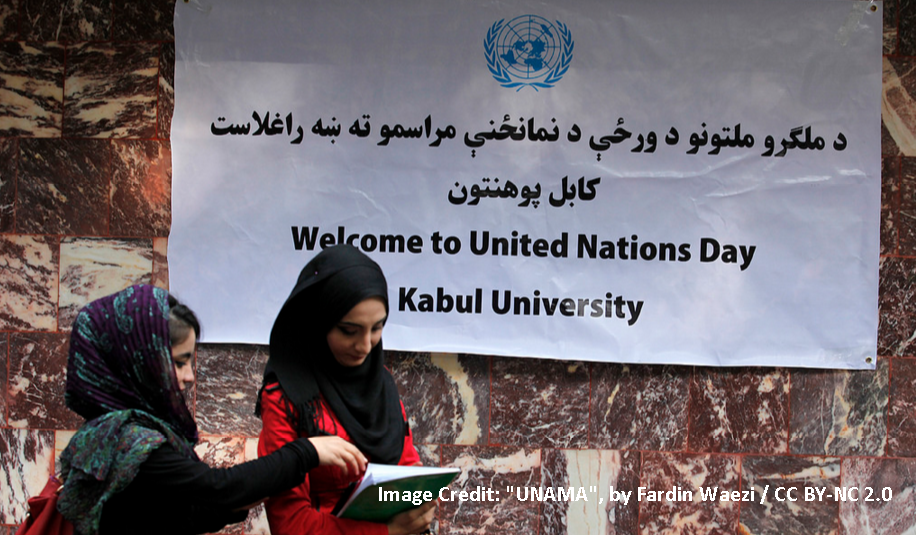New higher education literacies for a sustainable future
New higher education literacies for a sustainable future Patrick Blessinger, Enakshi Sengupta and Mandla Makhanya As the world becomes more interconnected and interdependent, nations face increasing pressure to improve their political, economic, social, technological and environmental infrastructures in order to compete in an increasingly globalised world. Within this context, perhaps the most fundamental and important component of any nation in the 21st century is its educational system. As societies become more complex – economically, socially, technologically and otherwise – so must their educational systems. To this end, nations have responded by creating diverse educational systems that now consist of many different types of educational institutions, including trade schools, technical colleges, community colleges, liberal arts colleges and research universities, among others. In a complex society, a one-size-fits-all approach is unable to address all the varied needs of society. Therefore, a highly diverse educational system is seen by many as one of the keys to the promotion of economic [...]

